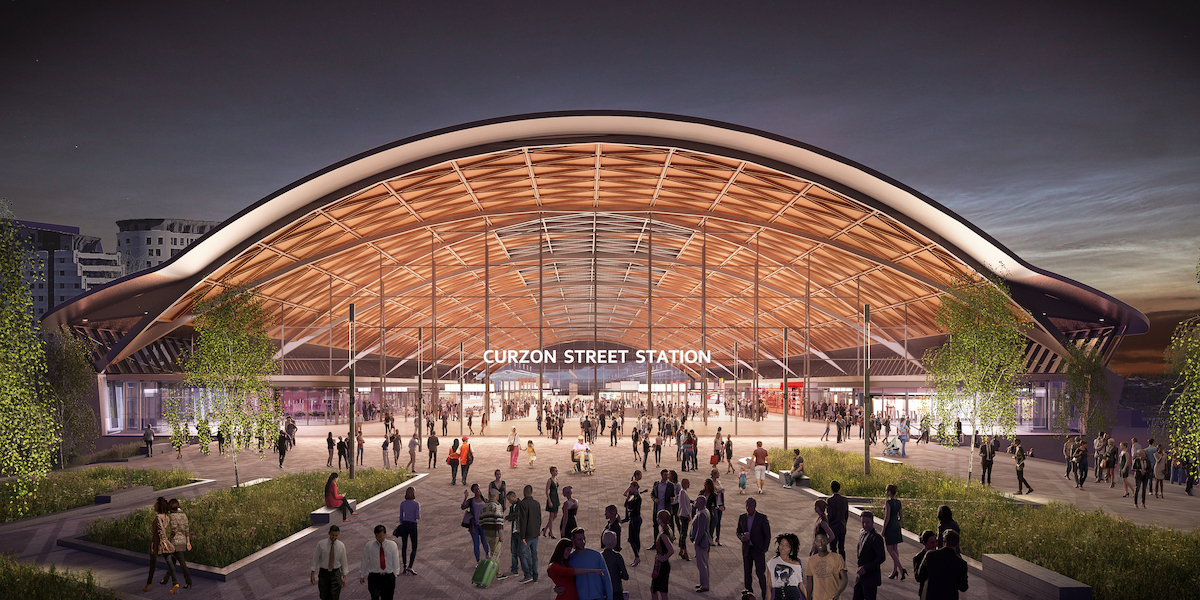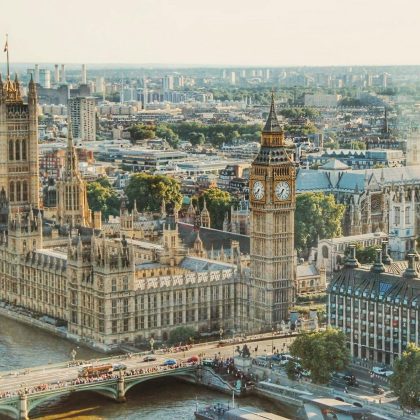Faster than you could say “post-Covid”, 2022 was quick off the mark to dash expectations of a “return to normality”, bringing with it fresh challenges and opportunities for the built environment and communities across Britain and Europe.
The impact of low consumer confidence and rising interest rates on the retail and hospitality sectors rumbled on in parallel with rocketing construction material prices, leaving developers grappling with surges in build-out costs and leasing uncertainty.
Come June, Boris Johnson’s near three years as Britain’s pandemic premier was finally scrubbed to an end.
And despite a fleetingly brief blip in office, Liz Truss still managed to tar herself as one of the most divisive PMs in modern British politics; her short premiership was marred by a fiscal event which rocked the markets and Tory backbenchers to a point where new leadership was required.
Amid rocketing inflation, soaring mortgage rates, plummeting commercial property values and universal belt-tightening, 2022 didn’t materialise as the year of relief and recovery that so many businesses and individuals had hoped for.
But, 2023 is almost upon us and with it comes fresh hope.
Firstly, 2022 has seen some truly inspiring new placemaking projects under development across the UK – not least in the devolution dominions of the West Midlands and Greater Manchester, where schemes like Friar Park Urban Village, in Sandwell, and Town Centre West, in Stockport, are transforming swathes of brownfield land.
Not only are these projects and others like them poised to deliver new homes, commercial space and public realm, they will also drive much-needed economic growth during an undeniably fiscally-bleak period.
Secondly, Rishi Sunak’s appointment to PM brings with it some semblance of political stability, a calming effect on financial markets and an apparent commitment to doubling down on devolution.
In his Autumn Statement, Jeremy Hunt assured that “soon over half of England will be covered by devolution deals”, building on the progress towards “trailblazer devolution deals with the Greater Manchester Combined Authority and West Midlands Combined Authority”.
Britain’s ambitions, therefore, do genuinely seem to be underpinned by a drive to build back better — and for good reason; thoughtful and strategically-developed places generate a return on investment, on top of creating new jobs and supercharging local economies.
So, while next year could well go down in history as one of Britain’s most challenging from a macroeconomic perspective, 2023 could also be the year where the transformative power of placemaking is truly realised.
It does hinge, however, on Whitehall mustering the wherewithal to follow through on its investment and devolution promises.



